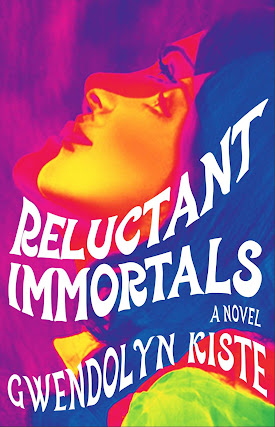Should You Research Short Fiction Markets Before You Submit Short Stories?
So if you're reading this you've probably decided to take the plunge and have a go at submitting your short stories for publications in magazines, anthologies and competitions, and why not? It's the greatest feeling when finally one of your stories gets accepted, especially when you get to see it in print.
Once you start looking for magazines in your genre you'll realise there's a multitude of magazines out there to submit your work to. Fortunately unlike submitting stories into competitions there's no entry fee. Sounds easy right?
But how can you know which magazines are more likely to accept your work. Once you've sent off your submission you may be faced with a lengthy wait of six months. That's six months of wondering whether they've even received your work, of wondering whether they like it. It's six months of not being able to enter it in anything until you hear back. Yes, it can be a long process.
I like to think that submitting stories to magazines is a game of numbers, if you have a decent amount of stories that are of a high quality and you keep submitting them, then eventually someone out there will like one of them.
.
How to increase your chances of being published?
But there is a way of reducing your odds, and this is to carefully research your market. There are a number of ways you can do this. You can make a list of magazines to submit to and buy a previous issue so you can get a feel for the magazine. If you have a facebook or twitter account you can like their facebook pages to receive updates from them.Buying previous issues may seem expensive intiatially but you'll get a sense of what the fiction editors are looking for when they read submissions. If your low on funds you can target one magazine a month, or invest in an anthology if the magazine publishes one. This is also a great way to fund small start up magazines, remember the more magazines that writers buy the longer they will stay in business for us to apply to them.
How to spot what magazines are looking for?
Try and see if there are similarities between the successful stories in your chosen magazines and spot what their house style is. What are the type of stories they prefer?
Here's a few pointers to get you going
- What's their average word count?
- Are they written in 1st of 3rd person?
- Are their stories mostly dialogue or narrative?
- Are the stories uplifting or tragic?
So in a nutshell it is a very good idea to research your intended short fiction market. A great piece of advice I received the other day was that writing short stories and novels are purely a creative process that the author does for pleasure. It is completely different to writing short stories and novels with the intention to publish them, it is a business process.
You could greatly improve your chances of publication by trying to write a short story specifically for a magazine and the way to do this is through diligent research.
If you want to make money from having your stories published think of it as a business. If you want to be published there's no point writing stories that are not in demand.
And remember; don't give up, don't give in.
For more information on magazines that accept dark fiction, fantasy, science fiction and horror stories, there is an extensive , regularly updated list on my homepage which you can access here
.jpg)



Comments
Post a Comment